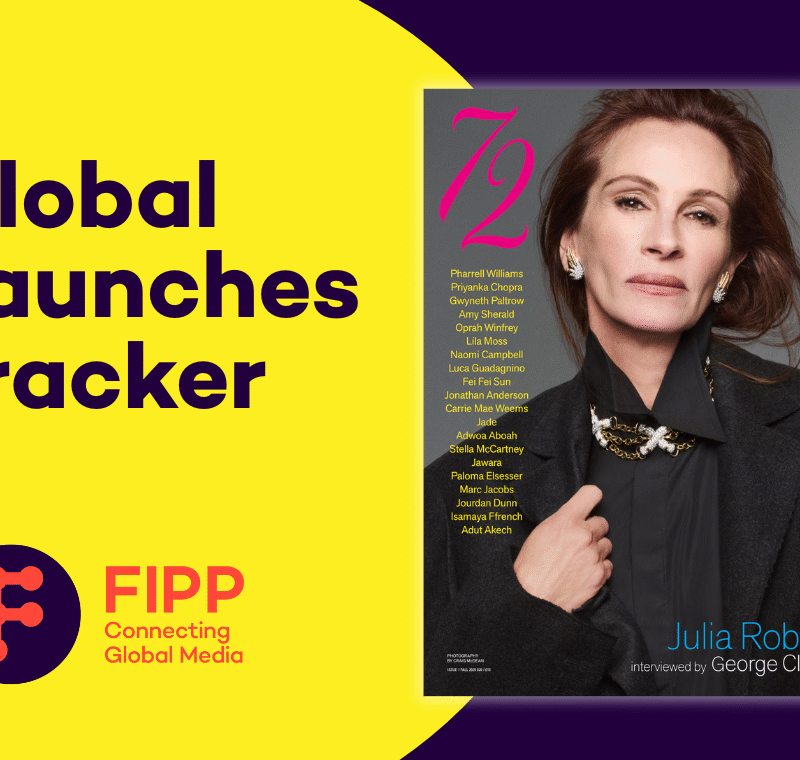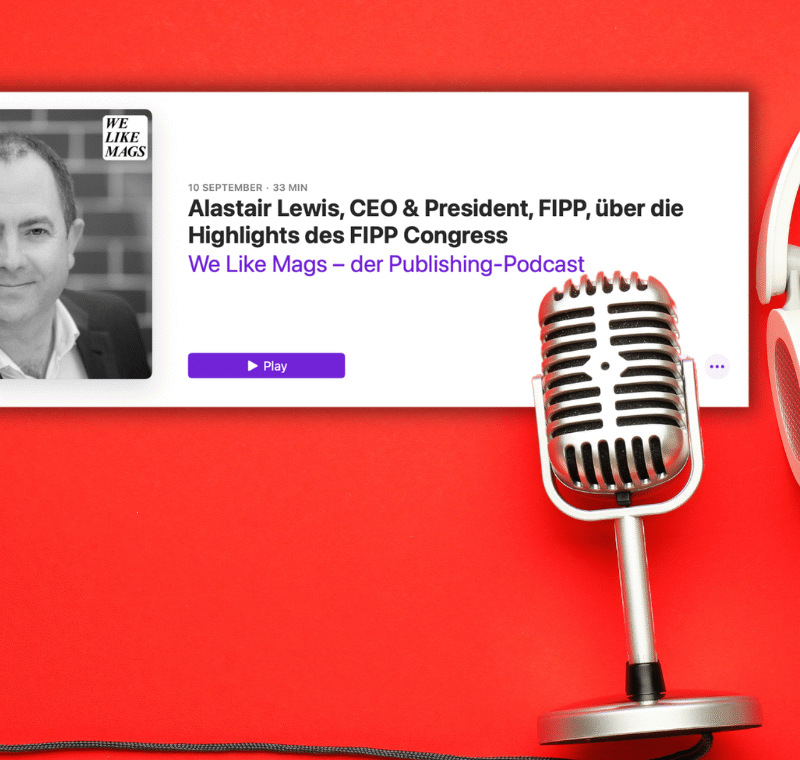Building bridges – Kelly Banks of PressReader on why access to quality content has never been more important
If ever there was an example of PressReader’s commitment to spread quality content as far and wide as possible, you’ll find it amid the frozen surroundings of the planet’s most remote continent. Since 1999, the digital newspaper distribution and technology company has brought award-winning journalism to research centres as far as Antarctica, as well as oil drilling platforms, rural libraries, hotels and many other far-flung locations on land, sea and air.
“We’re the bridge between the publisher and the reader – that’s how I like to think of it,” says Kelly Banks, Senior Director, Libraries and Institutions at PressReader. “We work with our customers as intermediaries on how to get publishers’ content into places that they couldn’t necessarily reach.
“In terms of remote locations, Antarctica is certainly up there but we also do ships in motion – including ferries and cruise lines. We’re even looking at getting content to people stuck on ships waiting to come to shore to unload cargo.
“We’re not only building bridges to remote locations but also to people who wouldn’t necessarily be able to engage with a publisher’s content because of a language barrier, or they require accessibility tools within their own personal devices. PressReader can help with all of that.”

Having access to well researched articles wherever you are in the world is more crucial than ever. In a post-truth world where misinformation is rife online, having a conduit to quality content like PressReader is not a luxury, but a necessity.
“I don’t think having access to quality content has ever been more important,” says Banks. “And every day it becomes more and more important. Questionable journalism of questionable quality is out there and it’s prolific.
“And I think it is getting harder for people to understand what quality is and what it isn’t – to sort the fact from fiction. We’re on a mission to enrich and empower curious minds, and we deliver a universe of quality content by removing barriers to access, but at the same time making sure that our publishers are very fairly compensated.
“There’s a lot of appreciation from our customers knowing that by engaging with PressReader, they are supporting the press industry.”
PressReader’s support of the media goes further than distributing trusted content. The company has partnered with Look Sharp, a non-profit programme based at Ithaca College in New York that provides lesson plans, materials, training and support to help teachers integrate media literacy into their classroom curricula.
“It gives educators the tools needed to enhance students’ critical thinking and civic engagement, and they do this through media literacy curriculum aids,” Banks explains.
“We work with them and give educators ideas on how to use journalism within the classroom to promote media literacy education. It’s something we feel strongly about, being able to partner with these kinds of organisations and help with literacy.”

FIPP WORLD MEDIA CONGRESS 2025
An unforgettable gathering that will shape the future of media.
Join us in Madrid, Spain, from 21-23 October 2025.
Picking perfect partners
For publishers, the benefits of striking up a partnership with PressReader are clear. The company’s huge roster of clients means media brands have access to scores of readers in locations it would not otherwise reach.
In turn, readers who use PressReader can enjoy over 7,000 of the world’s top newspapers and magazines on the device of their choice including The Wall Street Journal, The Washington Post, The Guardian and Rolling Stone magazine.
PressReader’s technology also enhances the reading experience for users by incorporating interactive elements like audio narration and auto-translation, broadening content accessibility for a larger audience.
“Since its inception 26 years ago, we’ve been working to improve the way that people discover stories that matter to them,” says Banks. “The publications we work with are there to deliver value to the readers. They’re not there to fuel the content machine. They are creating connections that are worth returning to that people want to seek out.
“That’s the alignment with the type of publications we do. Readers actively seek this content out because there’s a reason behind it. It’s content worth paying for – it’s credible, it’s compelling, it’s curated. So that’s the kind of publication we want to deliver to our readers through all avenues that we work with.”

Turning the digital page
One of the spaces where PressReader has the biggest impact is in libraries. The company has a strong presence in public, academic and corporate libraries, giving patrons, students or staff access to up-to-date newspapers and magazines.
By being so heavily involved, PressReader has played an important role in the evolution of the library – a space threatened by the sands of time.
“It’s incredibly important that libraries evolve, and that people look at them in a different way,” says Banks. “Our sales team is going out and having these conversations every day and we know that budgets are threatened at this point in time, especially in public libraries, across all countries.
“No public library is flush with money at this stage. They’re all fighting for resources and fighting for the mission of what they’re doing – democratising content of all shapes and forms for people everywhere.
“How they deliver this content is hugely important. To deliver it within branch in a post-Covid world, they’ve had to make this huge shift from just digital. Being able to offer it to people who may not be able to make it into a branch – to break those barriers down – it’s incredibly important for libraries to be able to do that.”

Appealing to Gen Z
PressReader is also helping libraries to modernise and appeal to younger generations.
“Libraries are struggling a little bit with modernisation of what they are providing,” Banks adds. “In this world of subscription services, what value does the library bring? It’s incredible value if you know where to go and seek it out.”
PressReader’s ability to make newspaper articles more appealing to younger generations goes beyond their work with libraries. Offering a replica newspaper product you can interact with on, say, your phone means content that looks the way designers intended can be consumed in fresh new ways.
“A lot of news is consumed in all formats these days, but it’s important to offer that replica newspaper and take it into digitisation,” says Banks. “You want to see the replica in something that’s a bit more interactive – it’s got translate, you have the ability to manipulate it and see it on a mobile feed.
“I think where we are helping with modernisation is by offering replica content that you are able to engage with in the way you would with other online news sources.
“You can take this really good quality journalism that used to be consumed just in news print and still engage with it in the same way you could engage with other news content. It’s way of bridging different eras.”










